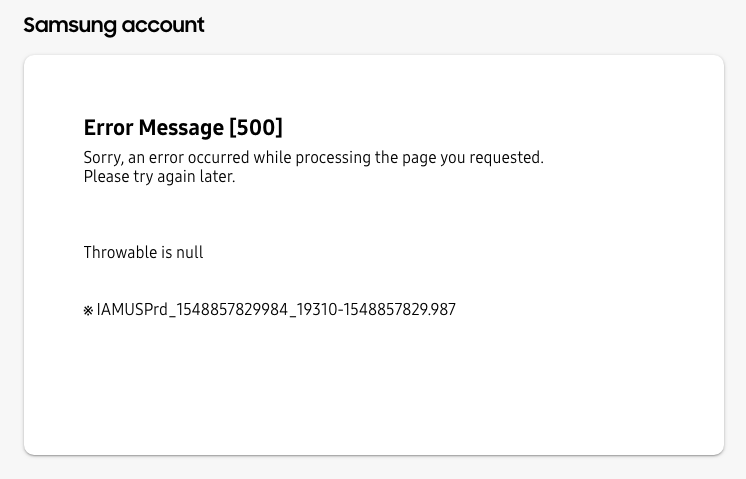This is an opinion piece. I have facts to backup my opinions, but that's neither here, nor there.
Having owned SmartThings when it was better, I understood the potential and experienced the things that could be accomplished, but that was then. Now the experience is so unstable, I wouldn't dare put my entire house or any critical devices in the hands of Samsung's SmartThings. I'm not writing that to disparage Samsung. They make great products, or they contract companies that do really know what they're doing to manufacture product for them. What they don't do well, is cloud. That is more than evident to me. Since the cloud is half of their platform, and their second generation hardware is well designed, then their platform is only half of what it needs to be. In fact, I feel it's important to recognize that the one thing that Samsung is directly responsible for (the cloud), is in fact the unreliable part of it.
I mean no disrespect, but I find it laughable to state that SmartThings is more reliable than Hubitat. A statement like that is, to me simply an inability to recognize a romanticization of the platform, resulting from the comfort that comes from familiarity with it. I've personally never had a more stable hub than with Hubitat Elevation and conversely, I've never experience more issues with the SmartThings cloud than I am today.
The most recent issue is with simple login to the IDE. Yesterday I went to login (because I am still using the SmartThings IDE for use with Alexa until I can trigger Alexa Routines with HE devices), and the message that if I did not update my profile, I would soon lose access, prompted me to finally make the change. So I updated and it gave me access. Today not so much...
So, I also have an existing SmartThings account that I have not done the upgrade to yet. That account now tells me the password (which is save in LastPass), has not changed since 2016, but is now claimed to be incorrect. A pain, but not insurmountable if I simply reset the password right? No, they don't send the link. It's not in my inbox, and it's not in my junk mail. Twice I've tried and I receive nothing.
So my point is, if your Hubitat hub is not stable for some reason, don't post about how it's not a stable platform. That's simply not true. There's plenty of evidence from users with many different device types, and hard facts to prove that it is very stable, despite its development stage. I'm not saying it's 100% reliable. That's just a ridiculous statement too, Nothing is 100% reliable, despite anyone's anecdotal evidence to the contrary. However, I am not alone in recognizing that the Samsung SmartThings cloud service (half of what make the SmartThings hub operate) is unreliable.
So personally, and lets not forget this in an opinion piece; I think if your experience with Hubitat is unstable, and you can't recognize that after multiple attempts, with multiple hubs and limited devices, that it's still something in your environment, then you have personally decided that you prefer familiarity above all. It's obvious when, despite the advice from the community and Hubitat staff, the person having their own ideas about how things should be done, decides to repeatedly acid test the hub. and than create multiple posts before they eliminate variables, even when they are trying to get to the bottom of an issue, then the true cause of the problem is simply never going to be found. A person with that mindset is almost certainly going to declare, based on improper and ill-advised testing, that they find only problems and no solution, so they give up.



